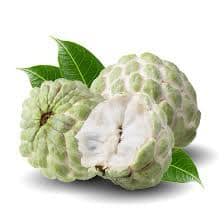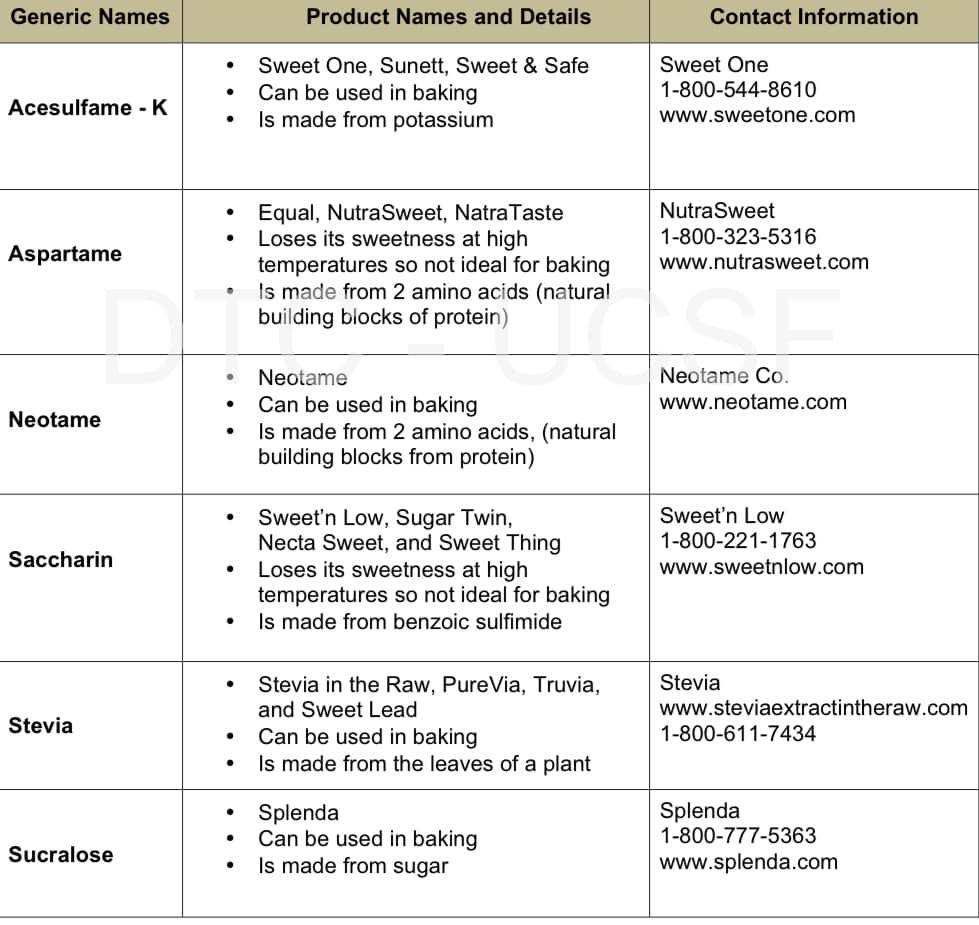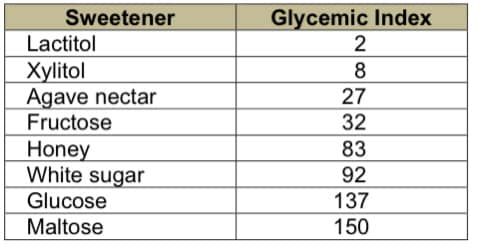GUT HEALTH
- Dr. Oksana Nimkevych
- Aug 2, 2022
- 3 min read
Galacto-oligosaccharides (GOS) is a type of nondigestible fiber with prebiotic activity.
Don't confuse prebiotics with probiotics such as lactobacillus, bifidobacteria, and saccharomyces, which are live organisms that are good for health. People sometimes take probiotics by mouth to increase the number in their intestine.
Galacto-oligosaccharides pass undigested into the colon where they increase bowel mass and promote growth of certain bacteria that are thought to be beneficial.
Galacto-oligosaccharides are now growing popular as a supplements and are used for hay fever (allergic rhinitis), asthma, itchy skin (eczema), infant colic (it dramatically improves lactose intolerance), colon and rectal cancer, constipation, Crohn's disease, diarrhea, digestive disorders, flu, food allergies, infant development, irritable bowel syndrome, osteoporosis, ulcerative colitis, lipid disorders, metabolic syndrome and and many more!

Patient brought me supplements that is 90$ for month supply of commercially produced GOS. And asked me if it’s OK to take (I’m very proud of this patient for doing all of her research! I live you being proactive - if you care that much about your health I care even more )
By now you know that I’m not the big fan of any extractions - nature created everything we need in the proportions and symbiosis that we need)
Food that is naturally high in GOS
Legumes (e.g. red kidney beans, chickpeas, baked beans, split peas) Cashews and pistachios Hummus dip Soy milk made from whole soy beans Oat milk Freekeh Green peas Butternut pumpkin Beetroot Custard apple
ALERT for transplant patients and patient with autoimmune disease
Because GOS improves function of immune system it can reactivate autoimmune disease and lower effectiveness of transplant medications. Therapeutic level of those drugs must be monitored and you have to be VERY consistent with amount and frequency you consume. It does not mean you can’t have it. It means you have to talk to your transplant DOCTOR or your RHEUMatologist, IMMUNologist about safe way to do it to benefit the rest of your health conditions without affecting your transplant or lupus.
Additional read (for my favorite science nerds )
Bowel function and GOS https://www.ncbi.nlm.nih.gov/pmc/articles/PMC2607002/
Anxiety and GOS https://www.nature.com/articles/s41598-021-87865-w

What are the Similarities Between Saccharin and Sucralose?
Saccharin and sucralose are artificial sweeteners. Both are very sweeter than sugar.
These are noncaloric substances that are not broken down in our bodies.
What is the Difference Between Saccharin and Sucralose?
Saccharin is a type of artificial sweetener having no food energy, whereas sucralose is an artificial sweetener compound that is useful as a sugar substitute. The key difference between saccharin and sucralose is that saccharin is less sweet than sucralose. Generally, saccharin can provide a sweetness that is about 300-400 sweeter than sugar, while sucralose can be about 400-700 times sweeter than sugar.
The following table summarizes the difference between saccharin and sucralose.
Do artificial sweeteners affect weight?
Intuitively, people choose non-caloric artificial sweeteners over sugar to lose or maintain weight. Sugar provides a large amount of rapidly absorbable carbohydrates, leading to excessive energy intake, weight gain, and metabolic syndrome. Sugar and other caloric sweeteners such as high fructose corn syrup have been cast as the main culprits of the obesity epidemic. Whether due to a successful marketing effort on the part of the diet beverage industry or not, the weight conscious public often consider artificial sweeteners “health food”.
But do artificial sweeteners actually help reduce weight?
Surprisingly, epidemiologic data suggest the contrary. Several large scale prospective cohort studies found positive correlation between artificial sweetener use and weight gain.
Consensus from interventional studies suggests that artificial sweeteners do not help reduce weight when used alone. BMI did not decrease after 25 weeks of substituting diet beverages for sugar-sweetened beverages in 103 adolescents in a randomized controlled trial.
Conversely, knowingly ingesting aspartame was associated with increased overall calorie intake, suggesting overcompensation for the expected caloric reduction.
You will find studies showing weight reduction with artificial sweeteners. However, if you analyze them… Vigilant monitoring, caloric restriction, and exercise were likely involved in the weight loss seen in multidisciplinary programs that included artificial sweeteners.
Full article
If you need refresher (or never seen ) our ALL THE TRUTH ABOUT SUGAR webinar - please check it here.
Please subscribe to our Youtube channel for more info











Comments